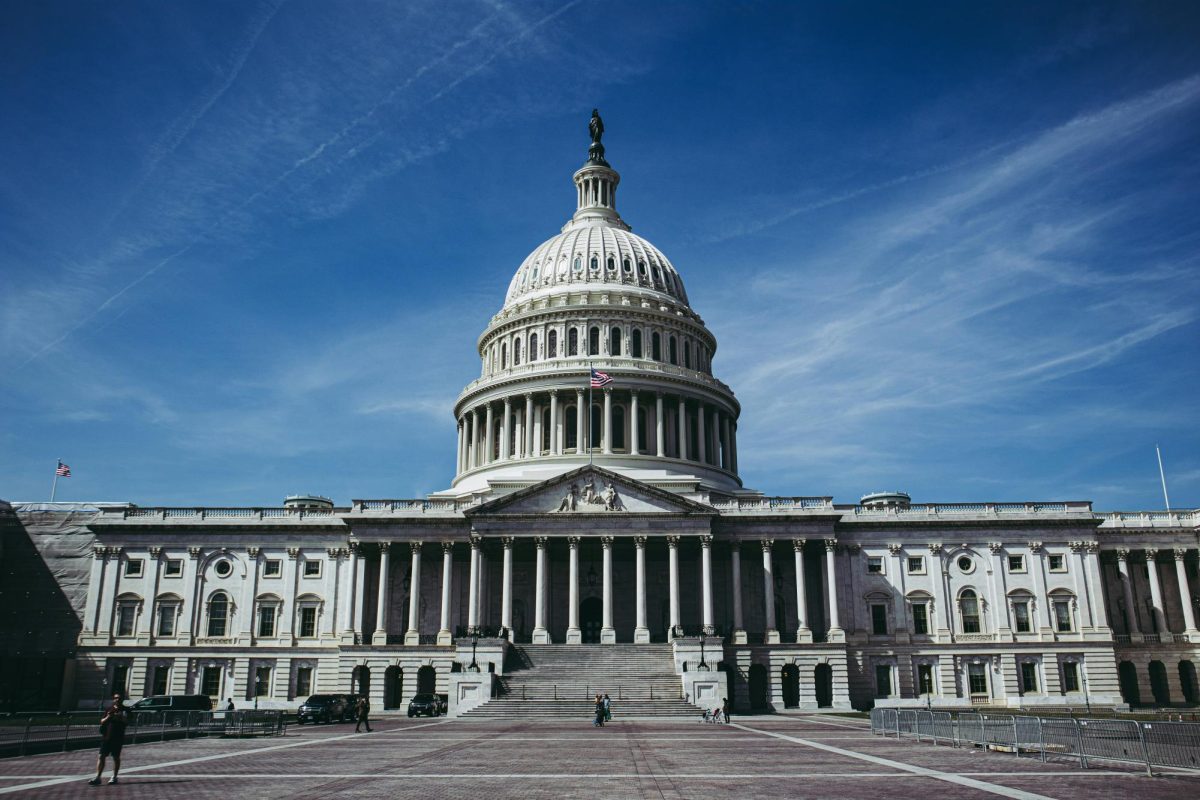The debate of whether universal healthcare should be a national right for everyone is an argument that has gone on for ages. This debate concerns everyone as it applies to everyone; So, should universal healthcare be a national right?
People often argue that universal healthcare has many benefits that are applicable to everyone and therefore, should be a national right. Universal healthcare does have many benefits, but it also has considerable negatives. If universal healthcare was a national right, who would fund it? The overarching answer would be the government; but, really, it’s the taxpayer’s money that funds universal healthcare. According to The Balance, “The government provides free health care paid for with revenue from income taxes.” Universal healthcare, if declared a national right, would increase taxes for everyone. Not only that, but federal spending would skyrocket as well, which would lose money for other social programs.
If universal healthcare is established as a national right, it could potentially cause extensive wait times in healthcare, as many people who were previously uninsured would overload hospitals and other healthcare clinics. Britannica cites another source that explained, “If coverage was nearly universal…the demand for medical care would probably exceed the supply of care–with increased wait times for appointments or elective surgeries.” Universal healthcare as a national right poses a threat to everyone, due to increased wait times and potential shortages in healthcare. It puts people at risk, because they can’t receive healthcare. This reduces the quality of care.
There are further points to consider about how healthcare would function with universal healthcare. Universal health care would be affected greatly by its very limited budget. As stated by The Week, “Universal health care that’s funded or heavily subsidized by the state may not offer treatments or medicines deemed not effective or proven enough to justify the expense.” Oftentimes, this results in many patients being denied care, or patients who were previously receiving care getting marked as unimportant due to their limited budgets.
The biggest argument against the claim that universal healthcare shouldn’t be a national right is the cost of healthcare today. Many individuals, myself included, have experienced the grueling costs of healthcare. Let me remind you that the underlying difference between these arguments is that you can either receive premium healthcare at a cost, or potentially not receive healthcare or subpar healthcare at no cost due to wait times, and patient oversaturation in hospitals, and limited budget.






































